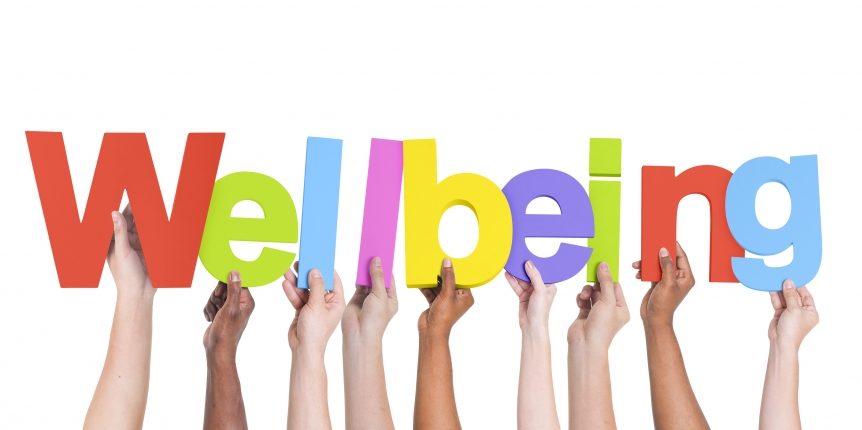By Michael Diller, PsyD, Licensed Psychologist and Director, Employee Assistance Program, WellSpan
Normal times can be stressful, but the additional distress added by a pandemic can make things overwhelming. What are the signs to look for that may indicate mental anxiety has become something more? Stressors and symptoms, such as anxiety, depression, lower frustration tolerance, difficulty concentrating, problems and changes with sleep and appetite become more frequent, more intense, and last longer. All may be indicators that there is a need to reach out for and get connected to professional support.
While everyone is impacted by the pandemic, the American Psychological Association reports the long-term consequences of the persistent stress and trauma are particularly serious for Generation Z – teens ages 13-17 and adults ages 18-23. Resources such as those offered by The Jed Foundation, are a good starting point for information regarding the emotional health of teens and young adults, including a section specific to coronavirus mental health resources. One program in particular, Seize the Awkward, assists in starting the conversation about mental health with this demographic.
To help others, you sometimes have to help yourself first. As a check on your own mental wellbeing, I like to use the following analogy:
The perfect chocolate cookies are lightly browned with just a hint of crisp on the edge but still warm with the soft center oozing with chocolate chips. Now think about what happens if we leave those cookies in the oven too long, unattended? Yep – they burn and crumble; not what you want to see. Well, guess what? We are the cookies, and, if we don’t keep an eye on ourselves, we will get burned and eventually begin to “crumble.” The warning is the crispy-around-the-edges—heads up. When we begin to get crispy around the edges, we need to do something about the cookie in the oven. This speaks directly to self-care and needing to make sure we make time to care for ourselves.
If you need any extra support, it’s okay. Know that you are not alone.
For more information, contact Mike at mdiller@wellspan.org or a member of the Murray Benefits Team at 717.397.9600.
Share this Post

